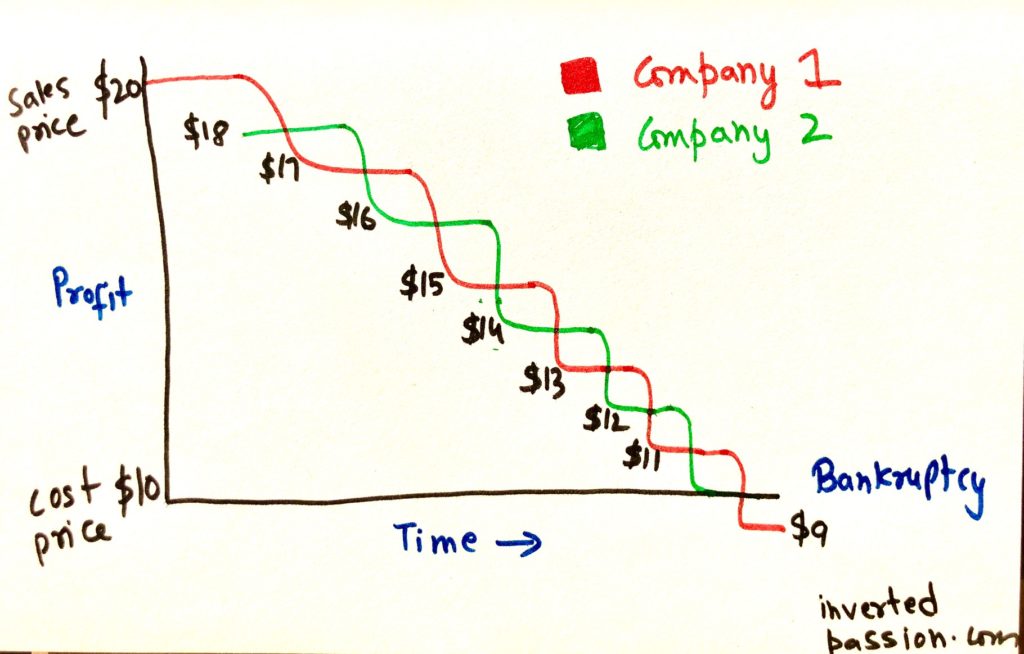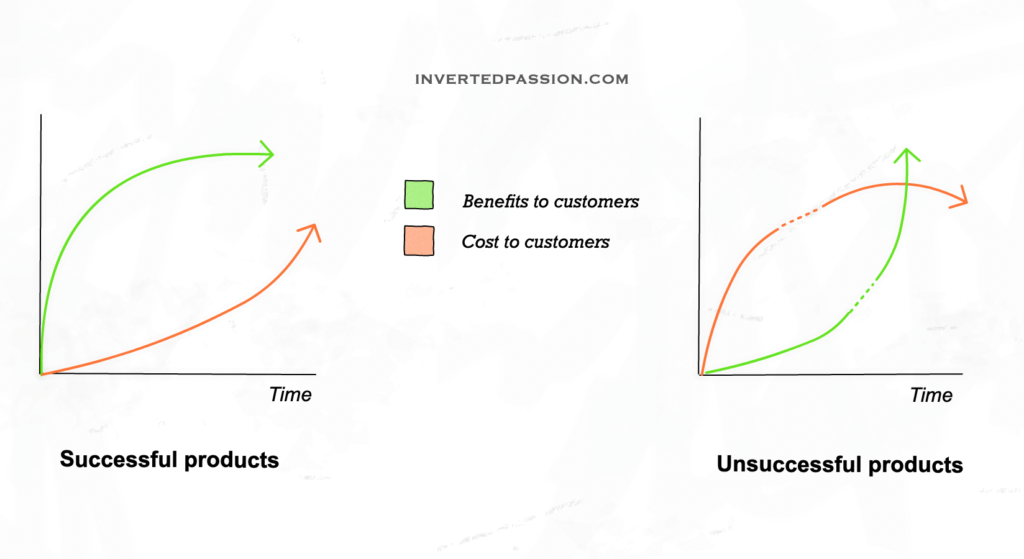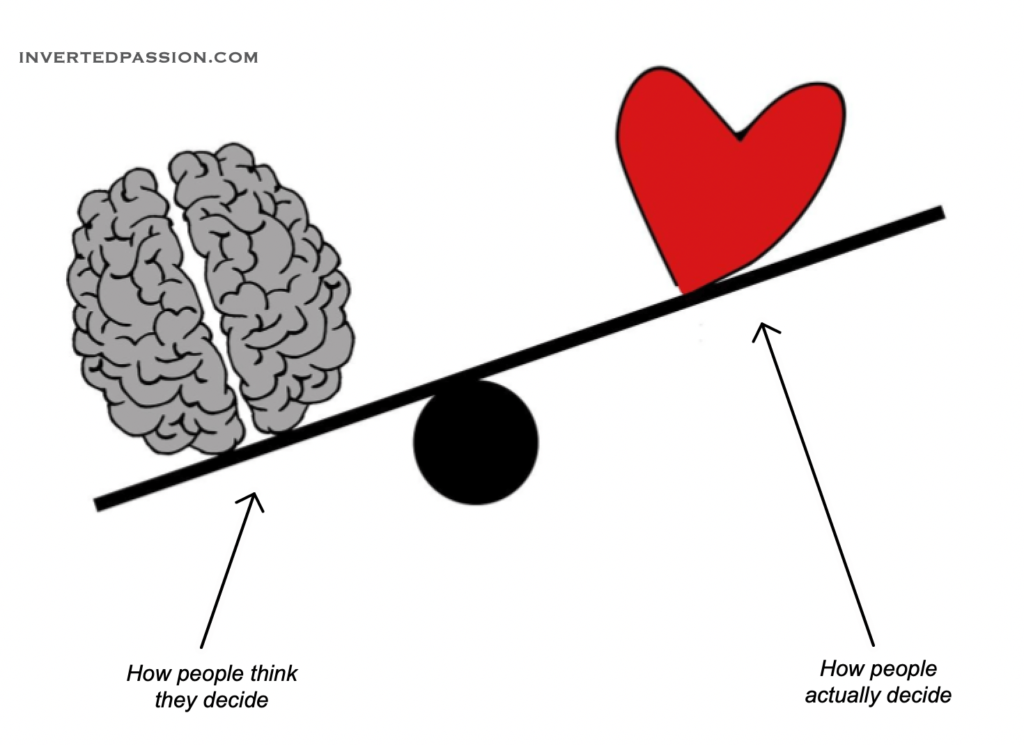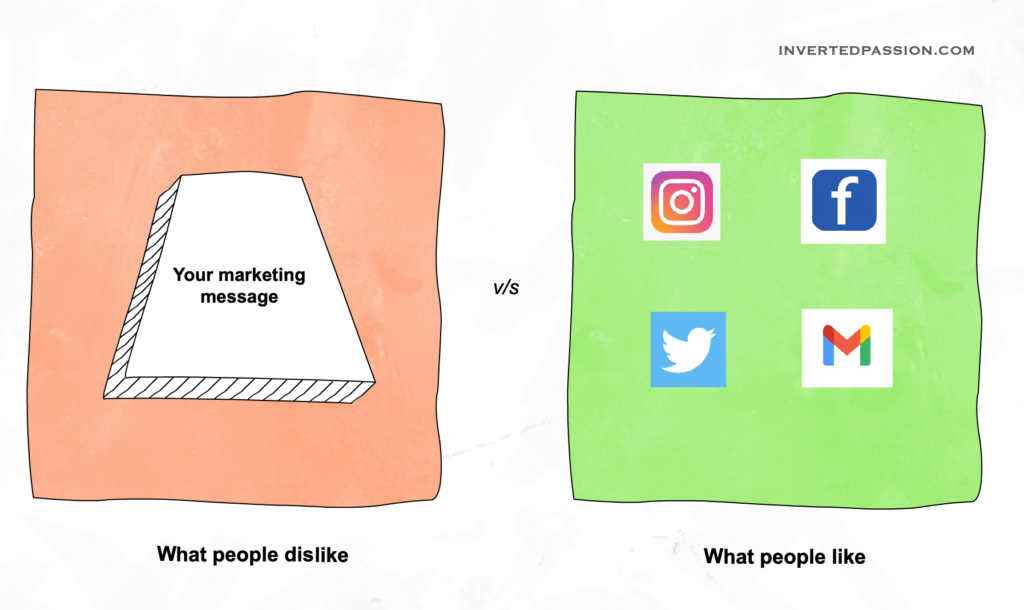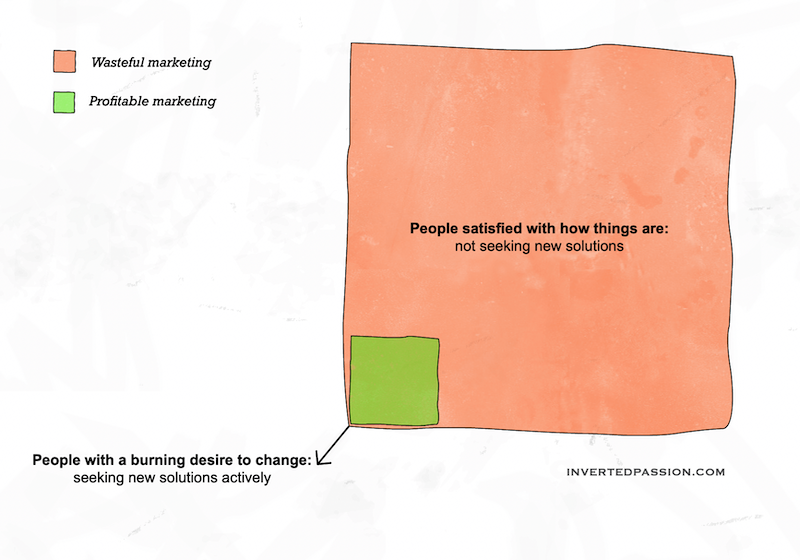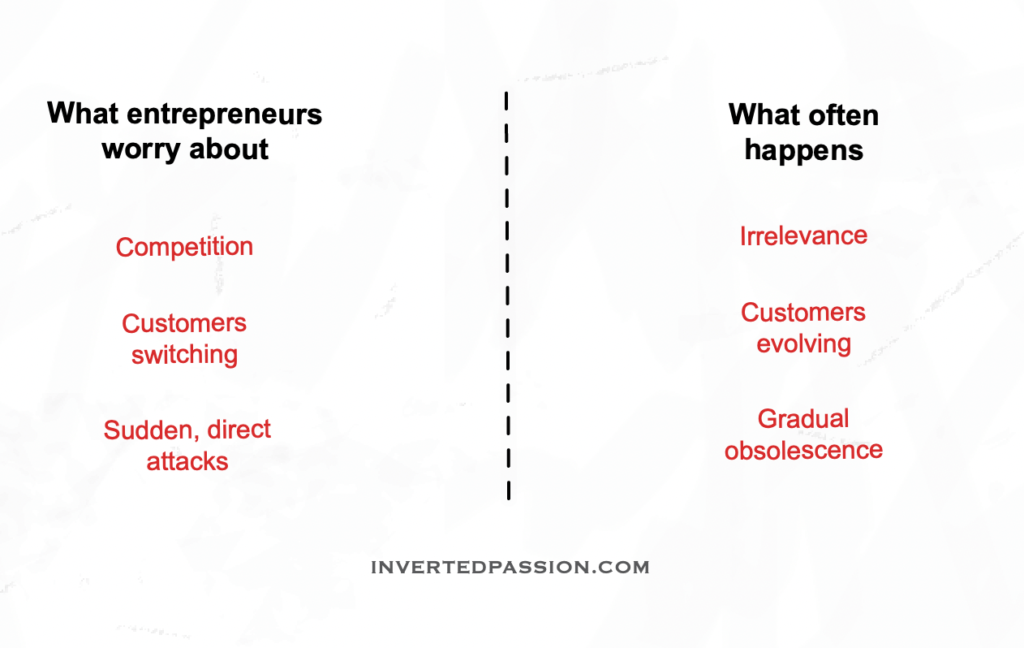How my 2021 went
At the closing of the last decade, I reviewed the intellectual progress I had in 2010s. Then I reflected upon the year 2020 by writing 20 lessons I learned in that year. Such reflections haven’t been part of any process – I’ve simply enjoyed taking a pause and doing stock of where my time went. Since time is the only limited resource we have, as I’m aging, I’m realizing that being conscious of how it’s getting spent is extremely important. In fact, such reflections are a fantastic way to nudge your future into a direction that you intentionally choose (v/s reacting to circumstances and drifting from year to year). ...
